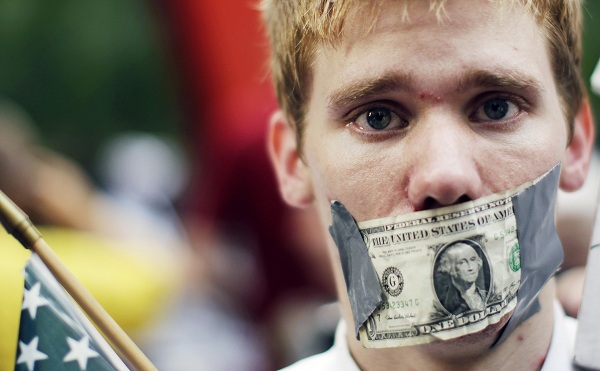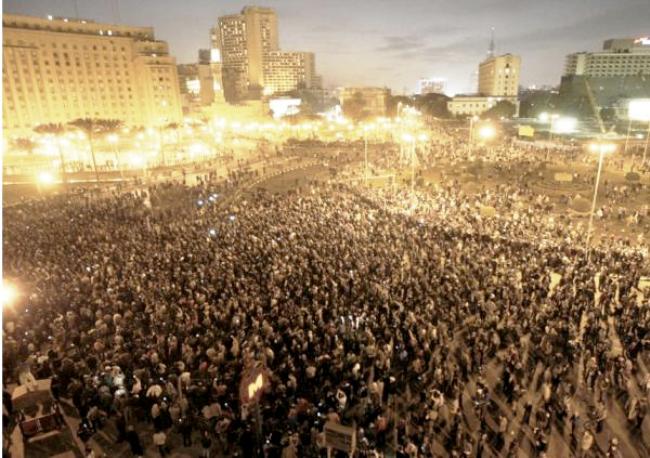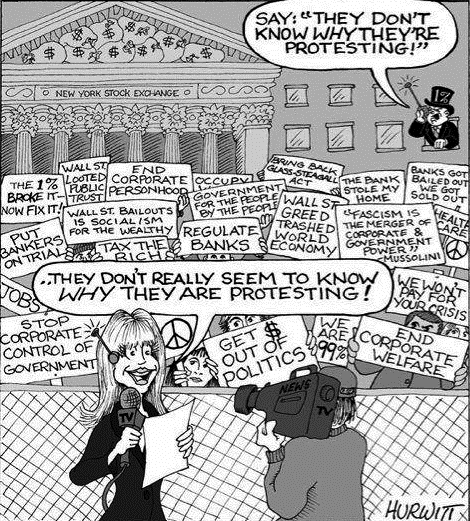What Occupy Wall Street Can Learn From The Arab Spring And Los Indignados

From the far right to the far left, anti-Wall Street activists across the nation have been fodder for equal amounts of primetime praise and condemnation. Many attribute the movement’s accelerated popularity to shared economic suffering and frustrations coupled with the web and mobile-centric social mobilization movement that swept through Egypt in the height of the Arab Spring and drifted north onto Spanish soil the following summer.
Unsurprisingly, as both the media and Occupy Wall Street (OWS) try to derive distinct meaning from the multifarious movement, some misleading comparisons are being made between the 21st century American attempt at national protest and the spring and summertime predecessors in Spain and the Middle East. However, these movements have operated within their own spheres stemming from specific national economic and political contexts. If they continue to falsely analogize many aspects of the Spanish acampadas and the Egyptian protests to what is currently happening in Wall Street without fully understanding and learning from their unique circumstances, the Occupy Wall Street Movement will fail before it can even come to fruition.
While the claim can be made that Egyptians and Americans are both fighting against government corruption, some of the more salient facts pertaining to Egypt suggest more contrasts than comparisons. For example, thirty years of continuous emergency law that allowed for the suspension of constitutional rights, legalized censorship, increased police powers, and sentencing to indefinite imprisonment without reason left many Egyptians suffocating at the hands of the unscrupulous Mubarak regime.
As Mubarak and his National Democratic Party cronies enjoyed Egypt’s wealth (Mubarak and his family’s net worth ranges from $40-$70 billion), approximately 40% of the population lived on around two dollars a day. Furthermore, with the number of new people entering the job force annually at about 4%, a college graduate was ten times likelier to be unemployed than someone who only completed elementary school. Coupled with an absurdly high inflation rate of 12.8%, the outlook was not only grim, it was fatal.
As a result, most Egyptians rightfully distrusted the Mubarak government. In 2010, Transparency International rated Egypt’s Corruption Perceptions Index as 3.1, with a score of “0” being completely corrupt and “10” being very clean (for comparison’s sake, the United States is nestled safely between Belgium and Uruguay with a 2010 score of 7.1). The Egyptian people had enough.












